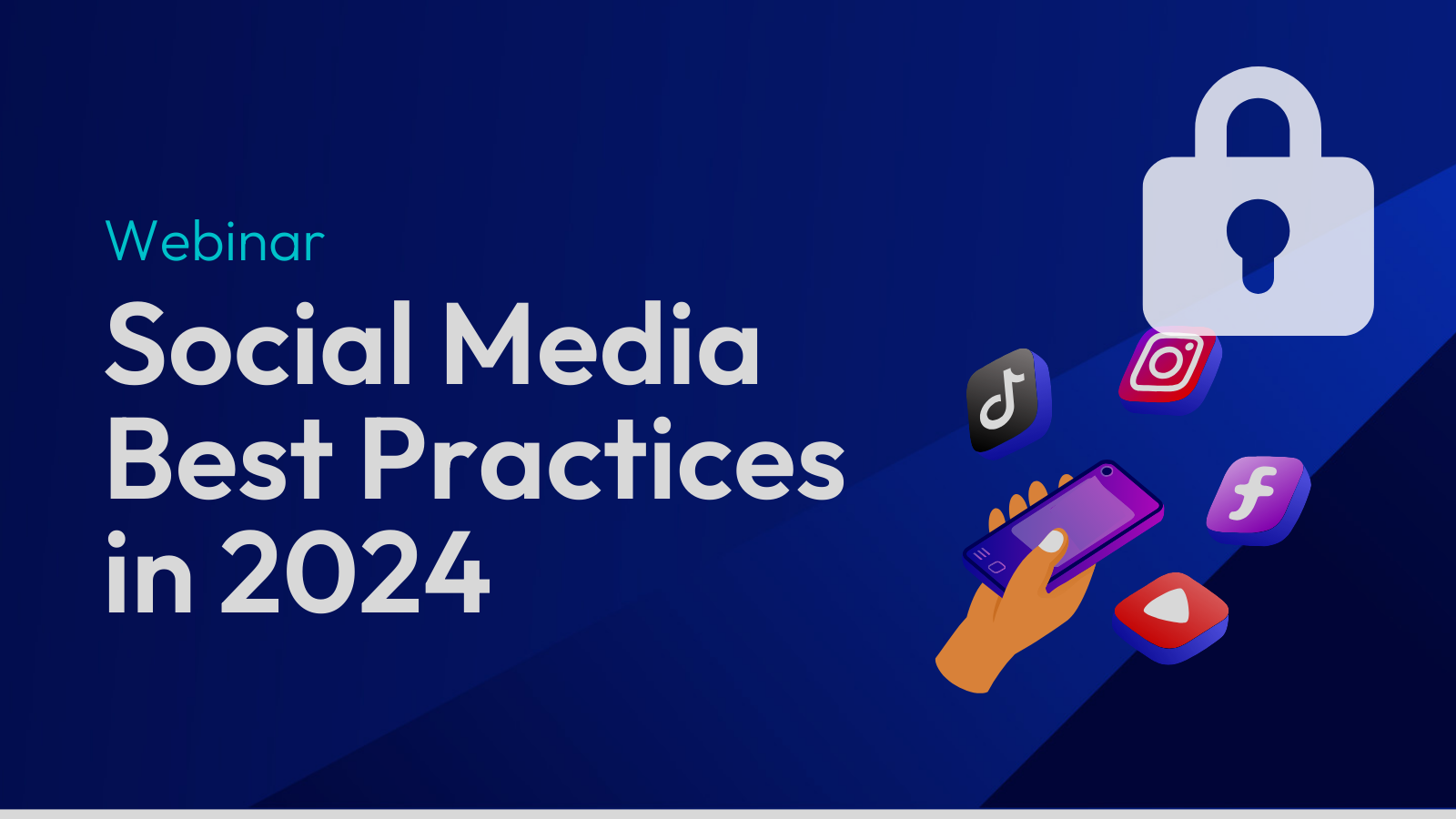What is in store for you in 2024?

Written by AMI Chair, Andrew Thornton.
2023 seems to have flown by. It’s the end of October already!
Over the course of this year, has your career progressed the way you had envisioned it? Now is the time to take stock and start planning for 2024. To advance your career, you need to have a plan. Career advancement comes in many forms, from climbing the corporate ladder to taking on more responsibility in your current role. Regardless of what you’re striving to achieve, it’s not possible unless you have a plan to guide you along the way.
Creating a career roadmap will provide you with this plan and a foundation to help you advance your career.
That all sounds good, I hear you say. But what are the key elements of a Career Roadmap?
Firstly, you need to define what success looks like for you. Everyone has their own idea of what success looks like. Think about what’s most important to you in your career now, and what you want your career to look like in the future. What you’re striving for now may look different than what you want in five or ten years. Thinking long term will help you define your version of success.
Next, Establish goals and a timeline. Goals and a timeline go hand in hand. Without a timeline, it’s much harder to achieve your goals. Without goals, a timeline is simply a schedule. The goals you set give you something to strive for, and the timeline keeps you accountable and on track to achieve them. Goals need to be realistic, but should also include those that will stretch you. What are your milestone goals? The major checkpoints in your career progression. To accomplish your milestone goals, you’ll need to break them down into smaller, more manageable short-term goals.
Identify what additional skills will you need to help prepare you for career progression. Consider the steps you’ll need to take to reach the next level in your career. What skills will you need to learn? Who in your network can help you develop? Will you be able to reach your goal with your current employer? Where will you access the type of professional development programs you need? (think the AMI Marketers ‘Competency Framework’ – your one-stop-shop for your professional development needs).
Don’t be afraid to Seek out feedback. Feedback is a way to measure your progress and make sure you’re on the right track to achieve your goals. If you only have formal reviews twice per year, schedule a check in meeting with your manager in between reviews. Don’t limit feedback to just coming from your superiors. It should also come from your peers, as they can offer a different perspective. Ask your peers to assess your strengths and weaknesses or provide specific feedback from a time you worked together. If you’re in a management role, ask your employees for feedback as well. The more diverse the feedback is, the more you’ll learn from it. But you’ll only learn if you take on board all the feedback – both the good and not so good. Often, the most constructive and helpful feedback can come from the ‘not so good’.
Be open with your manager. There are usually many more opportunities for advancement than you realise. Talk to your manager and see what career possibilities exist within the company. Share your goals with them and see how they can help you achieve them. By talking to your manager and letting them know your aspirations, you’re putting yourself on their radar. If they’re supportive, they’ll offer you help and advice to help you reach your goals.
Seek out a Mentor. Having a mentor can play a key role in helping you advance your career. However, it is only effective if the mentor-mentee relationship is a good match. Compatibility is critical to success. Seek out a mentor that you believe has the experience to help you. Or you may wish to participate in an organised mentoring program, such as the AMI Emerging Marketers program. Build and leverage your network. It’s often not what you know, but who you know. A key way to advance your career, no matter what your goal is, is to have help and support from others. Tap into your network for every stage of the process. But don’t stop there – be proactive in building your network. Do your research and identify opportunities to build your network. For example, attending an AMI networking function and the types of people (skills, experience influence) you think would benefit you.
Put your hand up and volunteer for Stretch Assignments. Want to dip your toes in the water before diving into a new role? Stretch assignments give you an authentic taste for a new role and enable you to showcase your skill set to others. Raise your hand for a new project or volunteer to help with something that may be less familiar to you. This is a great way to not only build your skills base but show your manager you are ready to take the next step.
When you’re thinking about your definition of success, talk to a trusted advisor or your mentor. When you’re creating your long-term goals, talk to your manager to see what the possibilities for advancement are. Once you’ve identified what you want to do next, seek out people that are currently in that role and ask them about it. The more information you can get, the clearer your action plan becomes.
Collectively, these elements help you create your career roadmap, which in turn becomes your action plan and guide to career advancement. Remember that it’s not set in stone, and you can update it with new goals at any time. A career path is not a straight line from point A to point B, so don’t feel that you have to follow a rigid set path to get there.
Finally, you have be proactive – a career plan is nothing on paper unless you actively work on it!





